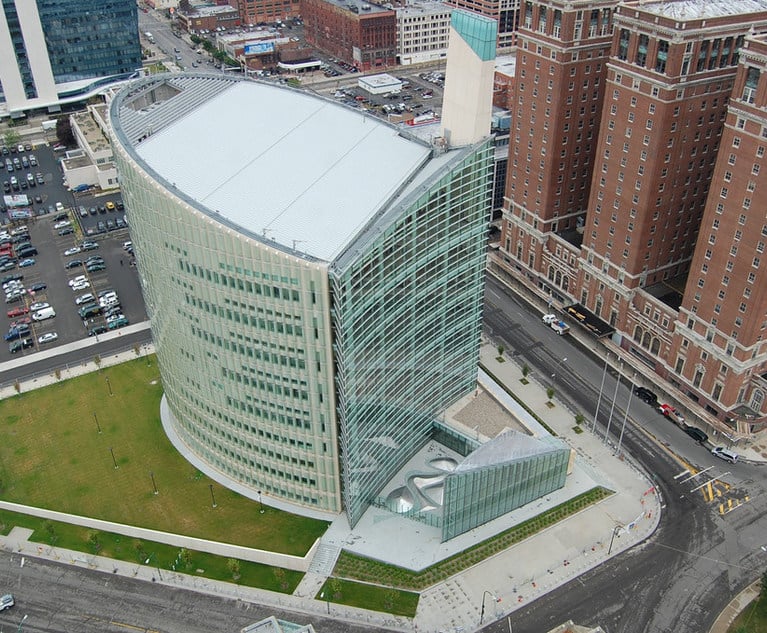One potential fallout from the COVID-19 pandemic, especially as many employees have shifted to remote work permanently, is that federal and state tax authorities may increasingly scrutinize a person’s claimed tax residency. Whether enticed by the flexibility of remote work or concerned about living in populated areas, many people have picked up and moved elsewhere because of the pandemic. New York, a state among the hardest hit by the pandemic, experienced a large exodus of people relocating outside of the state and, in some cases, even outside of the United States completely.
Many individuals who purported to relinquish their state residency have overlooked (or ignored) special rules that apply when determining their true tax residency. And, some individuals who renounced their U.S. citizenship for immigration law purposes failed to also renounce their U.S. citizenship for tax purposes by filing Form 8854, Initial and Annual Expatriation Statement. These people may be surprised to find that they are liable for a $10,000 penalty, and may face additional, onerous tax consequences as a result of being classified as a “covered expatriate,” as explained below.


 Credit: Pressmaster/Shuttertstock.com
Credit: Pressmaster/Shuttertstock.com




